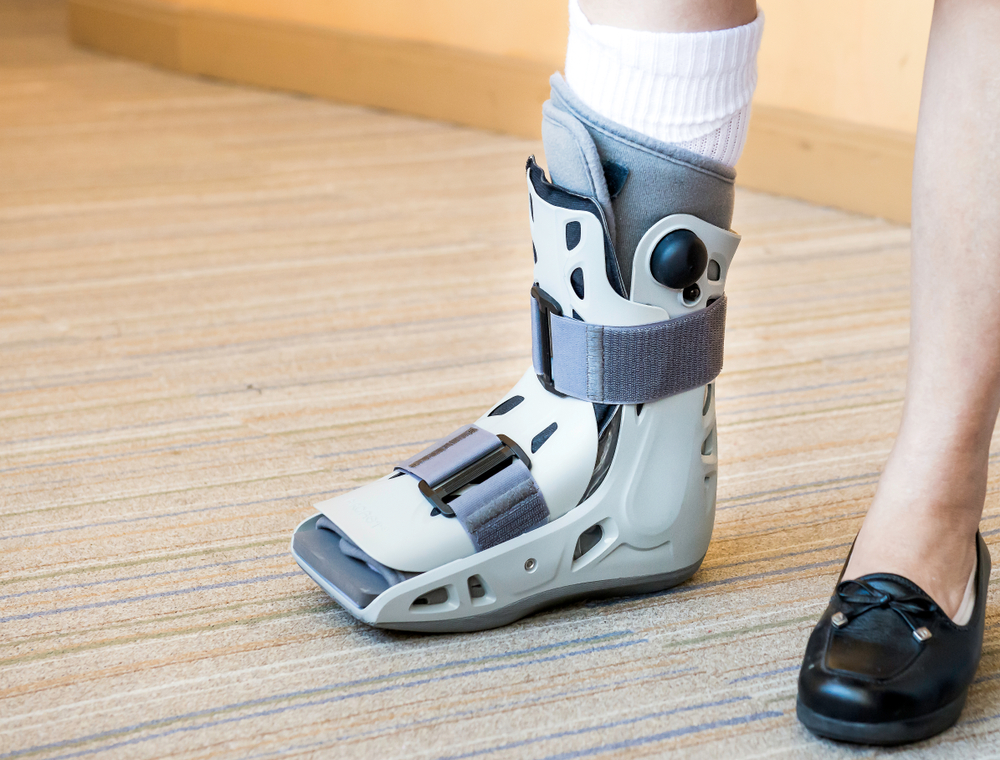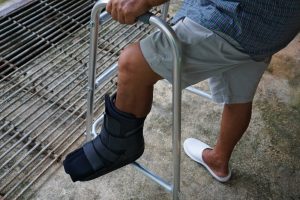In the complex world of healthcare, navigating through various medical terms, acronyms, and legal regulations can often feel like deciphering a cryptic code. One such acronym that frequently surfaces in discussions regarding medical equipment and legal compliance is DME. What exactly does DME stand for, and why does it hold significant relevance in both medical and legal contexts?
DME, or Durable Medical Equipment, is a term used to describe a broad category of medical devices designed to serve a medical purpose, withstand repeated use, and generally endure for an extended period. These devices are primarily prescribed by healthcare providers to aid in the treatment of illnesses or injuries, improve the quality of life, or assist with activities of daily living for individuals with certain medical conditions or disabilities.
Key components encompassed within the realm of DME include mobility aids such as wheelchairs, walkers, and canes, as well as respiratory equipment like oxygen concentrators and CPAP machines. Additionally, prosthetic devices, orthotic devices, and certain types of medical supplies also fall under the classification of DME.
Understanding the significance of DME in the healthcare landscape extends beyond its medical utility; it intersects with legal considerations and compliance regulations. This intersection becomes particularly pronounced in discussions surrounding DME fraud, billing practices, and adherence to regulatory frameworks.
Instances of DME fraud, where individuals or entities engage in deceptive practices to unlawfully obtain reimbursement for DME products or services, have raised concerns within the healthcare industry. In response, legal frameworks and enforcement mechanisms have been established to combat fraud and ensure adherence to ethical standards and regulatory requirements.
Enter the role of a DME fraud lawyer, a legal professional specializing in matters pertaining to DME fraud, compliance, and regulatory enforcement. DME fraud lawyers play a crucial role in safeguarding the integrity of healthcare systems by investigating suspected instances of fraud, advocating for legal remedies, and providing guidance to healthcare providers and entities to ensure compliance with applicable laws and regulations.
Navigating the complexities of DME medical billing requires a comprehensive understanding of coding procedures, documentation requirements, and reimbursement protocols. Compliance with regulatory standards, such as those set forth by the Centers for Medicare & Medicaid Services (CMS), is paramount to avoid legal pitfalls and potential repercussions.
In the ever-evolving landscape of healthcare law, DME compliance lawyers serve as invaluable resources for healthcare providers, suppliers, and stakeholders seeking to navigate regulatory complexities and mitigate legal risks. These legal professionals offer expertise in interpreting and implementing regulatory guidelines, developing compliance programs, and addressing legal challenges related to DME procurement, billing, and reimbursement.
The significance of DME in medical terms transcends its functional utility; it embodies a convergence of medical necessity, legal scrutiny, and ethical considerations. By understanding the intricacies of DME medical equipment and the legal frameworks governing its utilization, healthcare stakeholders can uphold the highest standards of patient care, integrity, and compliance. Collaborating with DME fraud lawyers and compliance experts empowers healthcare entities to navigate the complexities of the healthcare landscape with diligence, integrity, and accountability.


 By:
By: